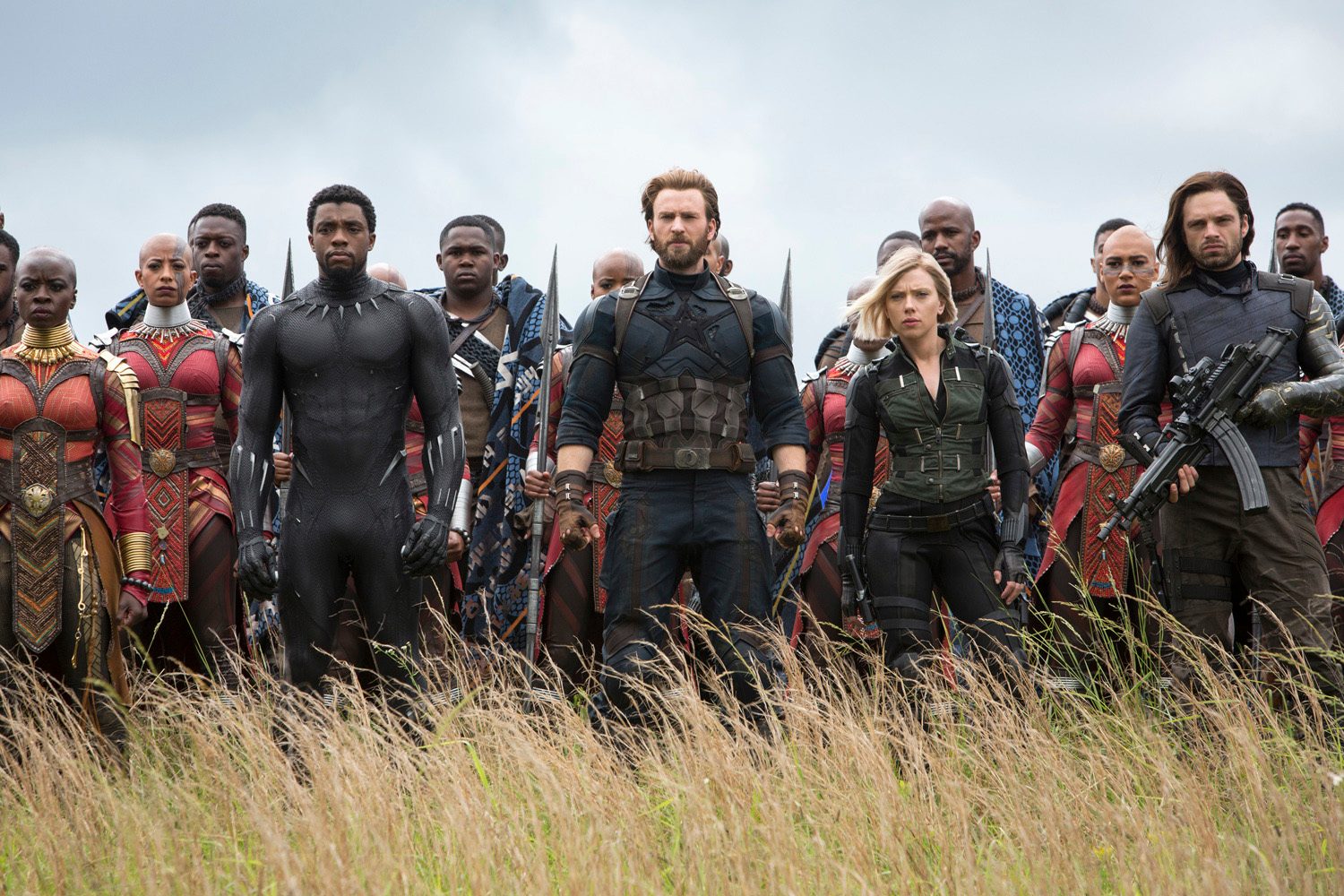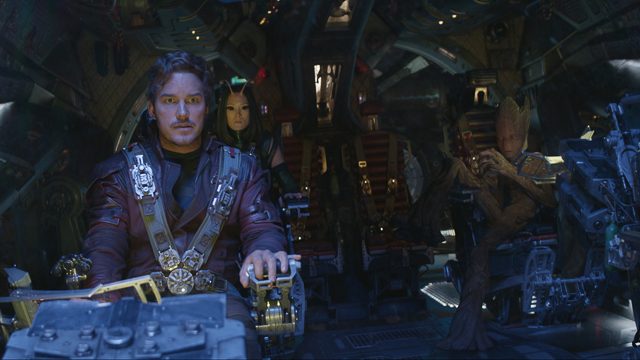SUMMARY
This is AI generated summarization, which may have errors. For context, always refer to the full article.

** SPOILERS AHEAD. Thanos demands that you be warned. **
In an age where the pop and politics merge (sometimes, rather clumsily), it is inevitable that a film like Anthony and Joe Russo’s Avengers: Infinity War, which represents the culmination of a worldwide obsession and commercialization of popular culture, be seen not just a piece of a mass entertainment but also as a wary observation of public moods when it comes to authority.
It isn’t as farfetched as it seems. (READ: What critics are saying about ‘Avengers: Infinity War’)
The movie, like Ryan Coogler’s Black Panther which came before it, offers a villain whose operating philosophy makes him not just palatable because he possesses a backstory that grounds or humanizes his atrocious deeds, but also scarily cogent and woefully defensible, especially in this climate of extremist thinking.
Weakened by humanity
Avengers: Infinity War is only one half of a film if one sees it as the titular superheroes’ narrative.
However, the film, which opens with Thanos (Josh Brolin), aboard the space vessel that used to house the Asgardian survivors from the conclusion of Taika Waititi’s Thor: Ragnarok (2017) but is now the setting for a couple of surprising deaths, feels more like a vehicle for the infamous purple-hued space warlord. Thanos, of course, has been touted as the ultimate villain in the very many end-credit sequences and easter eggs that have defined Marvel’s cinematic universe.
In a film that is overflowing with characters of noble intentions, it is in fact Thanos that takes up the most narrative space, with the film following his efforts in collecting the rest of the multi-colored gems to complete his gauntlet and accomplish his life’s endeavor.

What exactly are Thor (Chris Hemsworth), Tony Stark (Robert Downey, Jr.), Doctor Strange (Benedict Cumberbatch), Bruce Banner (Mark Ruffalo), Steve Rogers (Chris Evans), and the rest of the orderly universe’s supposed advocates in this narrative of Thanos’ pursuit for his version of order and prosperity but as defenders of the status quo?
Sure, the film offers most of the characters their own side-plots and dilemmas.
Thor is engulfed by sorrow and vengeance. Stark is still at odds with Rogers. Banner has finally tamed Hulk (to his dismay, in some scenes). Wanda Maximoff (Elizabeth Olsen) is in love with Vision (Paul Bettany), who has in his forehead one of the baubles Thanos is desperate for.
Peter Quill (Chris Pratt) is also in love with Gamora (Zoe Saldana), adopted daughter of Thanos and keeper of some secret her father is also desperate for.
These sideplots show that these superheroes as weakened by their own humanity, even to the point of diverting their efforts for very selfish knee-jerk reactions. Meanwhile, Thanos who has all the will to overcome whatever emotions – which the film so evocatively and eagerly shows that he actually and quite surprisingly has — to achieve a certain goal.
Perspective of a disruptor
In a way, the film’s ending isn’t that much of a cliffhanger, as long as you watch it from the perspective of the disruptor.
Infinity War is in fact very complete, and quite certainly, very controversial in its offering of a conclusion that’s unsettling because this isn’t how superhero movies should end, where the villain gets what he wants and ends up existing in a state of virtuous humility.
More often than not, when superheroes win their larger-than-life battles, they are rewarded with pomp, extravagance, cheers, and sometimes, love, which is the opposite of what satisfies supposedly devious Thanos.

What is most intriguing is that it is almost impossible to begrudge the melancholic warlord who has also sacrificed so much, especially in the film’s parting display of calm selflessness after succeeding in such a lofty feat and against such mighty opposition.
This is the ambition that is truly astounding in Infinity War.
While it is true that the assembly of all those characters is quite a feat, the film isn’t exactly an elegant show. It is tonally lop-sided, even if the Russos try their hardest to juggle an armada of star-powered characters without losing focus on a central narrative.
Strangely, its lulls happen during the action sequences, which are more like digital spectacles in a much-necessitated hurry, and its more stirring moments are those that are more dramatically engaged.
Upsetting the genre
Infinity War upsets the genre.
After ten or so years of superheroes wrestling with their various immaturities and neuroses — and still ending up winning in the end — the film finally arrives at a finale that distorts the most mainstream perspective that the genre rests on.
It fronts a hardworking and somewhat familiar antagonist, one with very unpopular and truly atrocious methods, but who is still not entirely evil, and maybe just philosophically different.
It disarms and surprises not only because its direction is unexpected, but because it is audacious in a cinematic universe whose individual films feel more like extravagant repeats than real graduations. – Rappler.com
Add a comment
How does this make you feel?
There are no comments yet. Add your comment to start the conversation.